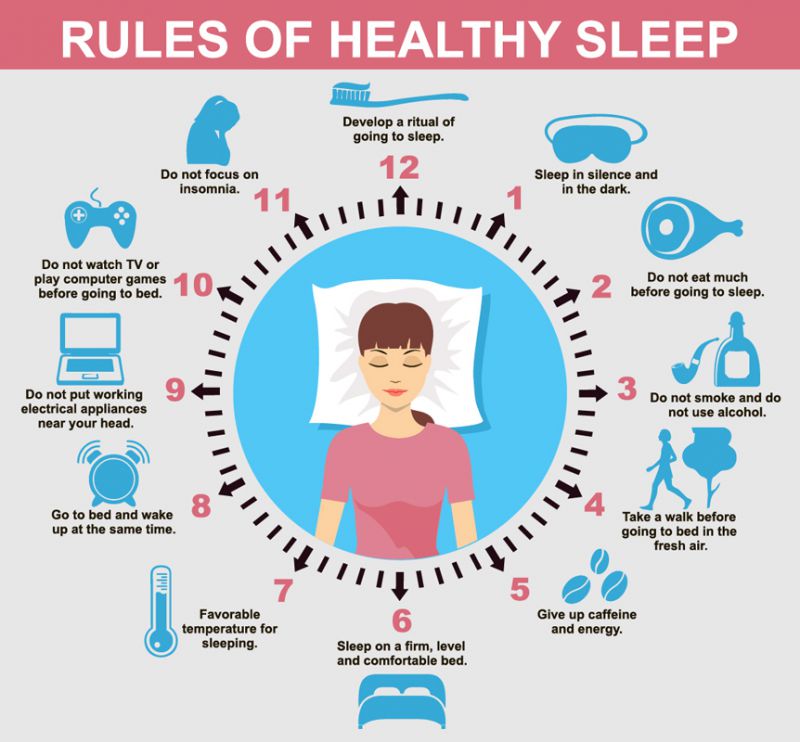The clocks went forward at the beginning of April and this may have temporarily disrupted your “circadian rhythm” or internal body clock, which regulates the timing of your wakefulness and need to sleep. Getting enough sleep plays a very important part in keeping you fit and healthy by - among other things - consolidating your memories, repairing your cells, regulating your hormones and resting your body.
Not getting enough sleep (7 to 9 hours is recommended) is associated with the risk of heart disease and metabolic problems. When the clocks are advanced by an hour in spring, heart attacks go up by 24% the following day. And recent research suggests that “night owls”, who go to bed late and sleep in, are most likely to suffer ill health. However, it’s not really their fault. Professor Malcom von Schantz from the University of Surrey says, “We have these ingrained attitudes that people who stay up late must be up to no good and people who sleep in late must be lazy, but really it is human biology.” Whether you’re a lark or an owl is just down to genetic tendencies and your age; teenagers notoriously tend to stay up late and can’t wake up in the morning and as we age, we are inclined to go to bed earlier and sleep less.
If you’re finding it hard to get to sleep at night or difficult to wake up in time for work in the morning, here are ten tips to make sure you get enough shut-eye.

- Get outdoors. Try to get sunlight in the morning and during the day – maybe take an early walk or run, and avoid mobiles, TV and computer screens late at night. They emit a blue light that supresses melatonin, the hormone that makes you feel sleepy. You may eventually train your body clock to feel sleepy earlier.
- Keep it dark. Make sure your curtains are closed at night and that your bedroom is cool (no more than 17°C) and your bed fresh and comfortable.
- Exercise. Researchers have found that evening exercise results in deeper and more restorative sleep.
- Become a Night Manager. Go to bed at the same time each night, whether it’s a weekday or weekend, and keep to a pre-sleep routine – maybe take a warm shower or bath, brush your teeth and go to bed with a book (not too scary or exciting, though).
- Put your worries aside. If you wake up in the night with your head buzzing with worries (typically, this happens between 2am and 4am), don’t check your phone or Facebook. Go into another room for 10 minutes and read quietly with the lights dimmed or make yourself a warm, milky drink. Or write your worries down – if they’re on paper, you can control them better than if they’re flying round in your head. When you feel calmer and sleepy, go back to bed and turn over your pillow, so it’s fresh and cool.
- Plan for tomorrow. Before bed, write down the things you need to accomplish the next day. If you plan ahead and effectively prioritise, you’ll feel more in control and less anxious, so you’ll sleep better.
- Avoid caffeine in the evening - tea, coffee, energy drinks and dark chocolate are all stimulants that will interfere with sleep. And don't indulge in a nightcap - although alcohol is a sedative, it does not induce natural sleep and can reduce your REM or dream sleep, which is critical for many brain and body functions.
- Don’t bother counting sheep. It’s too boring. Instead imagine a beautiful warm, tropical beach – in tests people that did this fell asleep 20 minutes earlier than normal.
- Try a free app – pzizz.com – that soothes you with calming music and dreamscape sounds.
Remember the wise words of Tom Brady, American Football quarterback – “Proper sleep has helped me get to where I am today as an athlete, and it is something that I continue to rely on every day.”
![]()
![]()
![]() blog
blog![]()
![]()
![]() blog
blog
